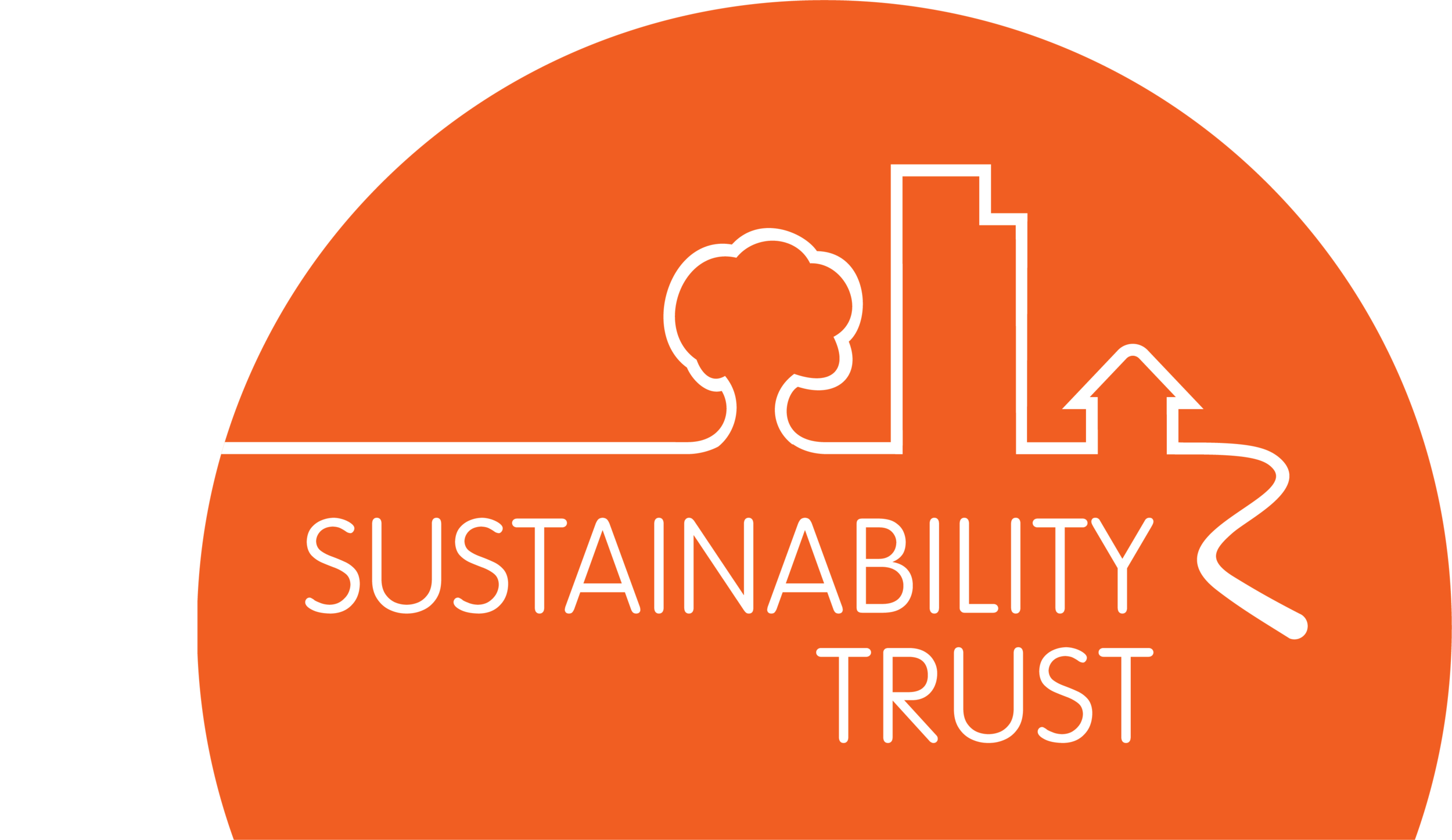Reducing contamination in recycling
Published 12 June 2020
Reducing contamination in recycling
Recycling the right way certainly has its challenges, especially when it comes to contamination. In this post, we will explain what contamination is and what you can do to keep it out of your recycling.
You have probably heard of recycling contamination, but what exactly does it mean? Contamination does not necessarily mean that the recycling is dirty, it also refers to the presence of any non-recyclable materials. Contamination is a big problem because if too many non-recyclable materials are thrown in with recycling, the whole load can end up in the landfill. Hand sorting recycling is a labour intensive job, and making sure you’re recycling right makes the whole process easier.
Have a look at this video below to get an idea of how recycling is sorted in Wellington!
Most people agree that recycling is the right thing to do, but often the problem is simply that recycling rules are confusing and people have a lack of information. Different councils have different rules about what can be collected for household recycling.
Make sure you clean your recycling! This means removing any food scraps and rinsing liquids from containers.
Do not squash tins, plastic bottles, or other containers.
Remember compostable does not equal recyclable. Compostable packaging that is put in the recycling will end up in landfill. If it is labeled as home compostable you can experiment with composting at home.
Paper pieces smaller than a credit card cannot be recycled because they are too small to go through processing machinery, so put these in your landfill bin.
Soft plastic sleeves need to be removed from drink bottles in order for the bottle to be recycled.
Remove all lids as they can’t be recycled in kerbside collection, but you can drop plastic and metal lids into the Sustainability Trust for recycling!
Flatten cardboard boxes and put them in your bin.
If you have a wheelie bin, all items should be loose in your bin, not in plastic bags.
Only put out recycling in your council approved containers such as green glass bins, wheelie bins, or council bags. Items placed in other containers will not be collected.
Lots of people engage in what is called “wish cycling”. Wish cycling is putting things in the recycling when they don’t belong there, but hoping they will end up getting recycled anyway. While you might be reluctant to throw things in the landfill, putting items in the right place is much better than contaminating your recycling with non-recyclables.
These are some specific items that are commonly incorrectly placed in recycling...
Meat trays
Polystyrene
Tissues
Takeaway coffee cups
Tetra paks
Soft plastics: check to see if there is a collection point for soft plastic recycling near you.
Receipts: cannot be recycled because of the chemicals they contain.
Tinfoil
Broken glass: this needs to be wrapped up safely and put in your landfill bin.
Drinking glasses, window glass, or ornamental glass.
While recycling right is important, it is not a perfect solution. Minimising your waste should be your first priority! There are many different ways to cut back on your waste, including reducing the amount you buy and reusing those items that you do purchase. For more ideas, check out our blogs on how to live a more sustainable life and conscious consumerism.
See below for more information on what different Wellington Regional Councils collect:
Wellington City: plastics 1 2 & 5 (check out the recycling directory if you’re unsure about a specific item).
Porirua: plastics 1 and 2.
Kapiti: plastics 1, 2, and 5.
Hutt City: plastics 1 and 2.
Upper Hutt does not have a rates-funded kerbside recycling collection. You can visit the community recycling station (which accepts plastics 1 and 2) or use a private wheelie bin provider listed here.
South Wairarapa: plastics 1-7 except for those with the symbol 6 EPS.
Carterton: plastics 1 and 2.
Masterton: plastics 1 and 2.
NOTE: From 20 July 2020, Wellington City Council will only accept plastics 1,2 & 5 - because we have the infrastructure to recycle these here. The rest - 3,4,6,7 + meat trays must go to landfill.
